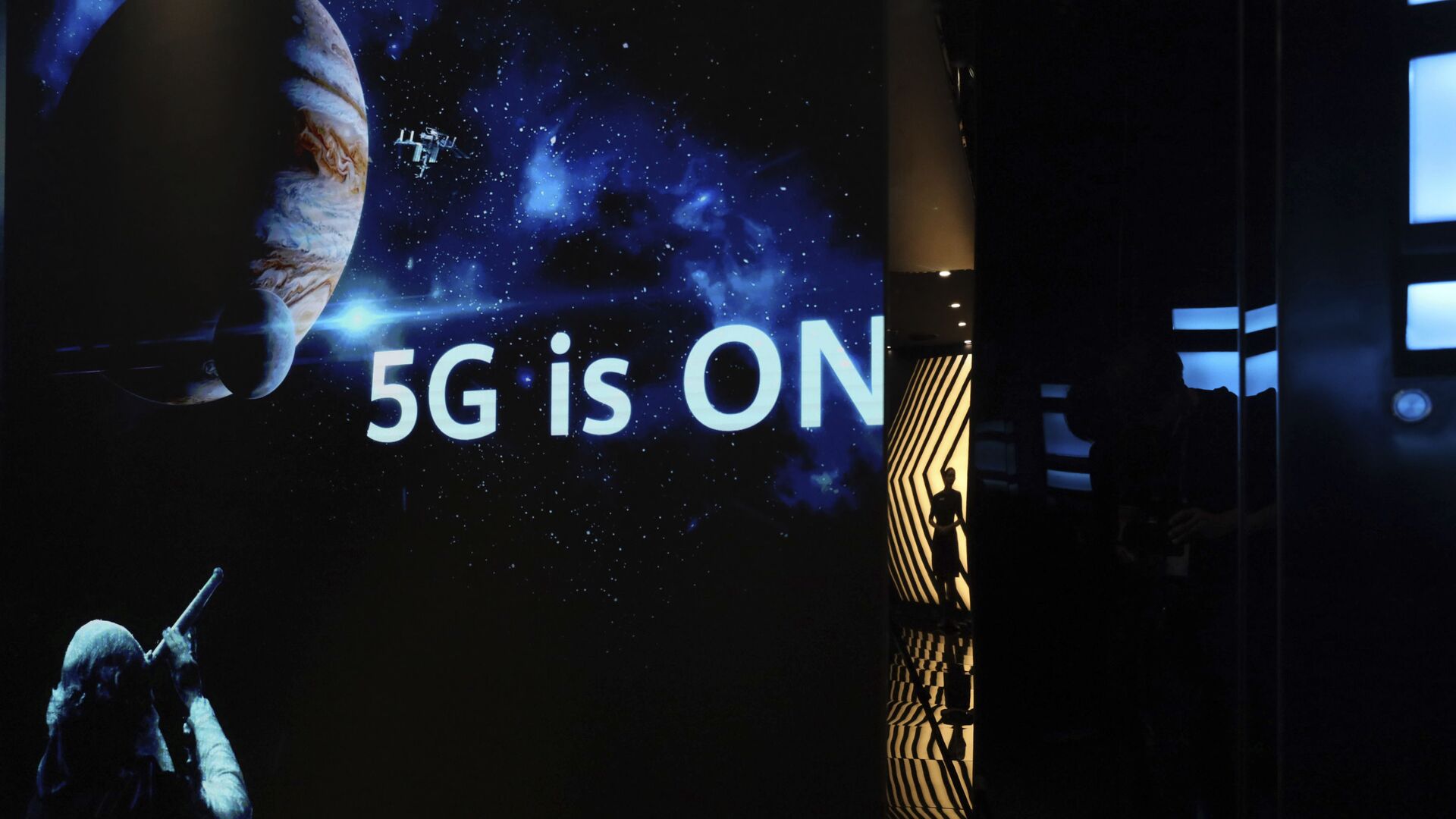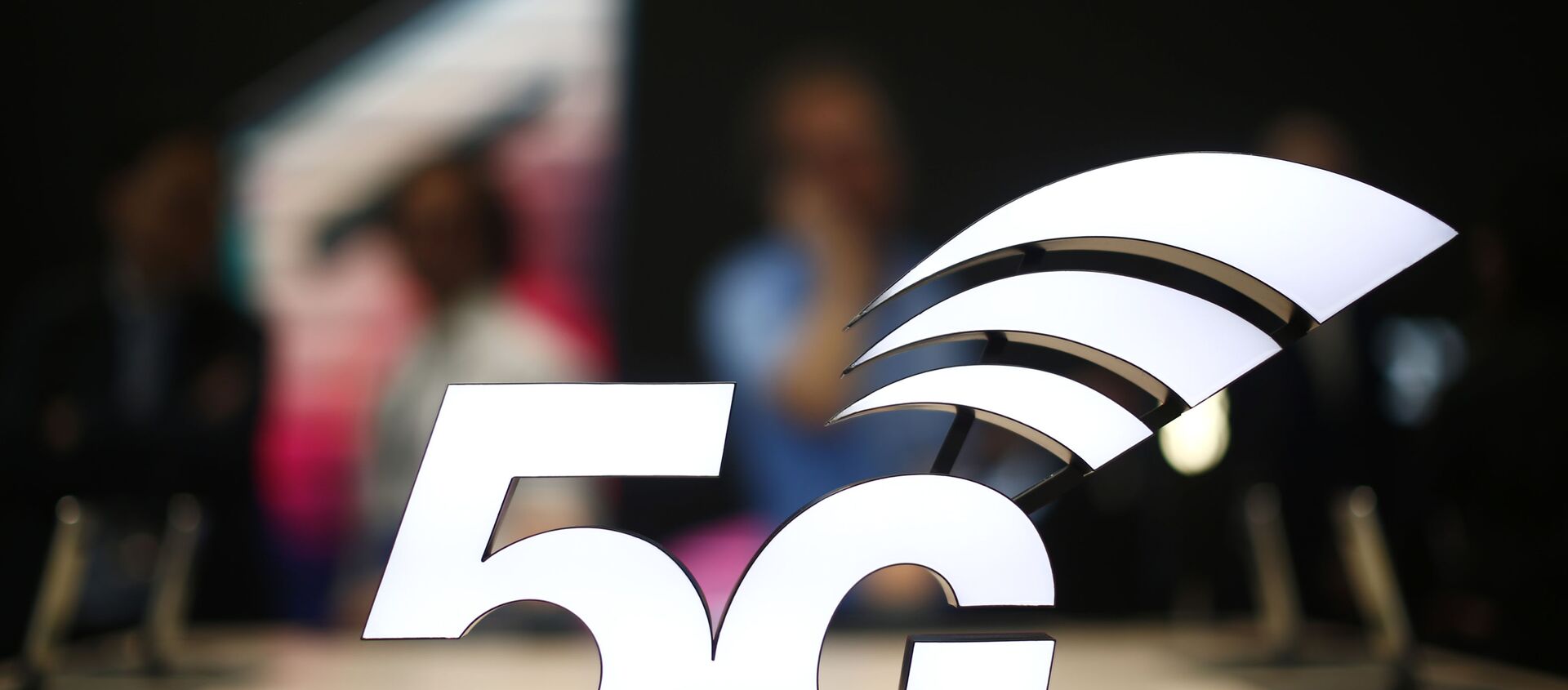Even though India's telecom department did not specify that Chinese tech players are being kept out of participating in the country's 5G trials, government sources revealed to the media that New Delhi has made a priority of the country’s national security over an inclusive 5G playground involving Chinese companies.
Although Beijing has expressed concern and regret at being excluded from India’s 5G trials, US lawmakers have applauded the Indian government's decision.
"It's a risk that can't be mitigated unless these companies are excluded from our networks, and I'm glad that India has recognised this threat," McCaul said.
Talking to Sputnik, senior Indian tech expert Achen Jakher said it is no surprise that India decided to shun Chinese firms because “who in their right mind would like to invite them at all?”
“We have seen countless instances where China has used their government-run telecom companies to snoop into other countries. All the big nations from the US to Canada to the UK have shunned them. The Indian government has finally taken a step in the right direction keeping them out. Money is not the only consideration in today’s world. China rode the cheap equipment wave for a long time and gave their technology like a drug dose to the world. Finally the world is de-toxing from China and moving towards a better and safer environment. Besides, why should we go out of our way in giving China a piece of the pie keeping national security on stake,” Jakher, the chief executive of tech firm SvelteTech Technologies noted.
As per Cyfirma, a Singapore-based cyber research firm, India has witnessed a 300 percent jump in cyberattacks allegedly carried out by China-backed hackers after June 2020 amid border woes. A report by Cyfirma claimed that after 18 June, the intensity of China's "cyber warfare" increased, prompting their researchers to alert India’s Computer Emergency Response Team (CERT-IN).
Later, in September 2020, China’s Shenzhen-based data mining firm Zhenhua Data was accused of selling the minute details of more than 10,000 Indian citizens and organisations, including Prime Minister Narendra Modi, President Ram Nath Kovind, Congress party interim President Sonia Gandhi and their families, among others, as part of its "global database of foreign targets".
India subsequently blocked over 250 Chinese apps from operating in the country, citing national security concerns.
“Digital security and sovereignty today is an integral part of national security. Considering the espionage threats posed by Chinese tech giants like Huawei and ZTE coupled with possibilities of violent military clashes at the border. Allowing Chinese tech in India’s 5G space had become untenable. Recently issued national security directive for India’s telecom sector has effectively closed the door for Chinese companies,” senior Indian tech expert Jiten Jain told Sputnik.
Chinese Tech Players May Enter India at Later Stage
China has been at the forefront of cyber tech development and growth in recent years, and is one of the few countries to have rolled out high-speed 5G internet for commercial use in several of its cities.
Thomas George, President of CyberMedia Research, told Sputnik that the telecom businesses which were selected to help India – Finland’s Nokia, South Korea’s Samsung and Sweden’s Ericsson - are well equipped to back India’s 5G trials.
“These companies have also proved themselves with various technologies so we don't anticipate any problems. Again these are just 5G trials that we are talking about – so there are chances that the government is able to look at other options, provided they do not compromise the country's security and national interest,” George said.
The tech expert has also not ruled out the chance that Chinese players will worm their way back into the Indian market.
“You will always have an option either to enter the market or partner with local players. What if one of the companies named here were to be bought by a Chinese firm? For now, let's wait and see how these trials evolve,” George added.
For the time being, it is almost certain that Indians will not enjoy commercial 5G internet before 2022. For a country that has more than 600 million heavily active internet users – mostly below the age of 50 - India is in dire need to upgrade its networks from 4G to 5G, as experts have urged time and again. Presently, Indians use 4G internet to power their devices.
Last year, US-based tech company VIAVI released a report called "The State of 5G Deployments". The report noted that high-speed 5G networks had already made inroads in 378 cities across 34 countries, with South Korea leading the pack with 85 5G-enabled cities, followed by China, the US and the UK in that order.





